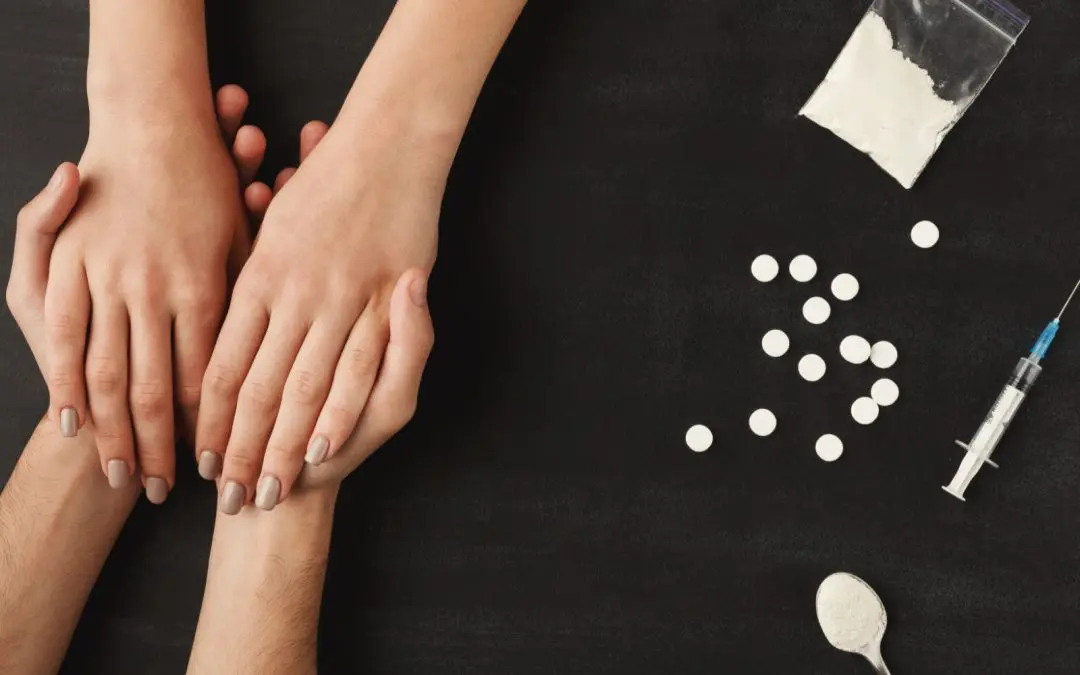24/7 Helpline:
(866) 899-111424/7 Helpline:
(866) 899-1114
Learn more about PTSD Treatment centers in Eyota
PTSD Treatment in Other Cities

Other Insurance Options

Carleon

Self-pay options

WellPoint

BlueCross

UnitedHealth Group

Choice Care Network

CareFirst

Holman Group

Anthem

Private insurance

Magellan

Providence

Multiplan

Access to Recovery (ATR) Voucher

Covered California

Amerigroup

MVP Healthcare

Meritain

Group Health Incorporated

Premera



















